The process of getting an Indian Visa from a foreign country isn’t always straightforward. In this article, we will discuss the Indian Visa process from Brazil and Thailand, how they are different, and what you should expect during the application process.
Why Brazil Is Generally Easier and Thailand Is More Difficult
Brazil is generally easier and Thailand is more difficult when it comes to visa processing. Brazil has a streamlined visa process for citizens of most countries, whereas Thailand has a more complex and time-consuming visa process that requires several documents and an application fee. Indian Visa from Thailand
Brazil also allows for multiple entries into the country with a valid visa, while Thailand only allows one entry per stay. Additionally, Brazil does not require a visa for tourist stays of up to 90 days, while Thailand requires at least 30 days prior notice for tourist stays. Finally, Brazil offers express service options for travelers who need their visas in a hurry, while Thailand does not offer any express service options.
Do you need a Brazilian Visa to visit India and vice versa?
If you are planning on travelling to India or Brazil, you will likely need a visa. Visas can be obtained from the respective embassy or consulate in Thailand and Brazil. While the process of obtaining a visa from each country is similar, there are a few key differences that should be taken into account when travelling to either country.
When travelling to India, you will first need to obtain a tourist visa from the Indian consulate in Thailand. This visa is valid for up to 30 days and must be applied for at the time of your Travel itinerary submission. The cost of this visa is USD 25. You must also bring your passport photo and 2 copies of your passport page with your application. Indian Visa from Brazil
If you are travelling to Brazil, you will need to obtain a tourist visa from the Brazilian embassy in Bangkok. This visa is valid for up to 60 days and must be applied for at least 3 weeks before your travel date. The cost of this visa is USD 50 and you must also bring your passport photo and 2 copies of your passport page with your application.
Both countries require that all travellers have a onward/return ticket as well as proof of financial stability (such as bank statements). It is also important to note that both countries require proof of vaccination against yellow fever if you are travelling from an infected area (Brazil requires proof even if you do not intend on visiting an infected area). Additionally, both countries require that all travellers have at least one month’s worth of food, water
Pros and Cons of Brazilian Visa Process
The Brazilian visa process from Thailand and Brazil-how it differs is as follows:
Brazilian visas are issued only to nationals of certain countries. For citizens of the United States, for example, a Brazilian visa is not available. Nationals of other countries must obtain a visa before travelling to Brazil.
The Brazilian embassy in Bangkok issues visas on arrival for citizens of most nations for a stay of up to 90 days, provided that you have a return ticket and sufficient funds (for travel and emergencies). You will need your passport photo, one recent passport-style photograph (2×2 inches), your passport cover page with your visa stamp, and proof of onward travel or hotel reservations. When applying for the visa at the embassy, you will also be required to pay an application fee of US$30. The Brazilian consulate in Chiang Mai issues visas on arrival for citizens of many nations for a stay up to 30 days. There is no application fee required. The consulate does not issue tourist visas; these are issued by the Brazilian embassy in Bangkok only. In order to qualify for a tourist visa in Thailand, you must first obtain a visa from the Brazilian embassy in Bangkok.
To apply for a Brazilian visa from within Brazil, you will need your passport photo, two recent passport-style photographs (2×2 inches), photocopy of your valid travel itinerary including all entries and exits (dated within three months prior to the date you plan to leave Brazil), photocopy
Thai Visa Process
The process of obtaining a Thai visa is relatively straightforward and can be done in a few simple steps. First, you will need to gather your required documents. These will vary depending on the visa you are applying for, but typically include your passport photos, a copy of your travel itinerary, and proof of financial support (if applicable). Once you have gathered all of your required documentation, you can head over to the Thai embassy or consulate in your home country and apply. The application process may take a few days, but once it is complete you will receive a notification in the mail confirming your visa has been issued. From there, all you need to do is book your flight and enjoy your trip to Thailand!
Brazil differs from Thailand in several key ways when it comes to visas. For example, Brazil requires that all visitors submit a visa application prior to arrival, rather than obtaining one upon arrival as is the case in Thailand. This means that if you are travelling to Brazil without first securing a visa, you will not be able to enter the country. Moreover, Brazilian visas are usually much more expensive than Thai visas- usually costing around $160 USD- so it is important to compare both options carefully before making a final decision about which route to take.
Conclusion
If you are planning to visit India or one of its neighboring countries, then you will need a visa. There are a few different types of visas that can be required for different purposes, and the process for obtaining them can vary depending on where you are from and which country you are visiting. In this article, we will discuss the Indian visa process from Thailand and Brazil and provide tips on how to apply for the appropriate visa. We hope that this information will help make your trip easier and less stressful!



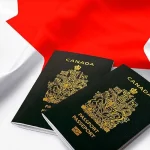
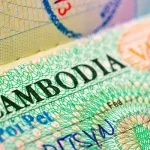






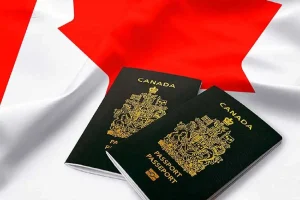
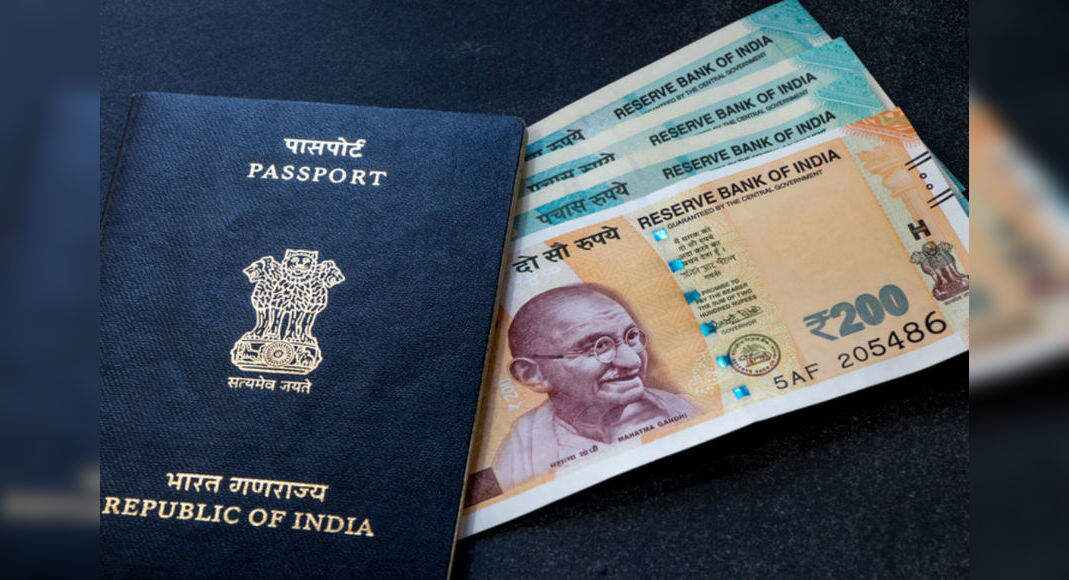

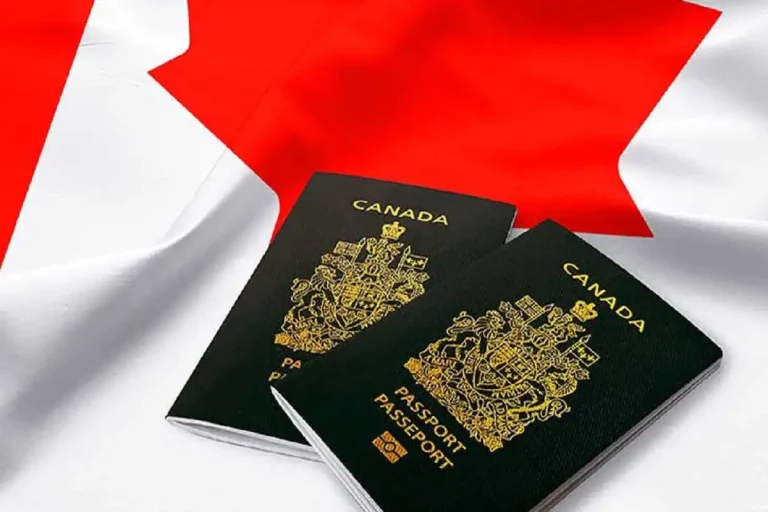
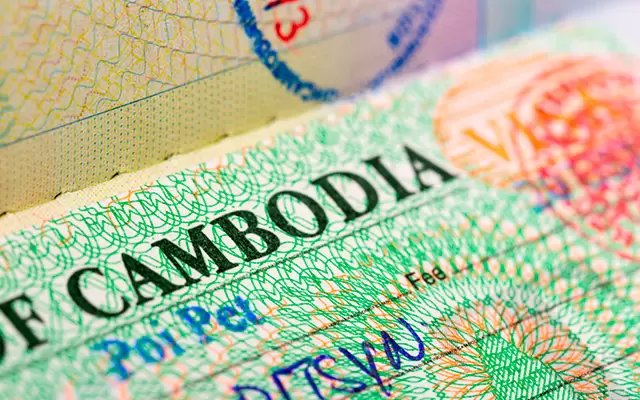


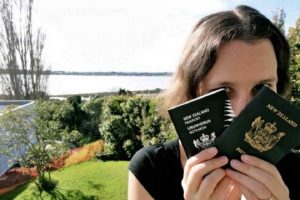



+ There are no comments
Add yours